Maximum security and fast recovery




Maximum security and fast recovery
Most of the interventions are performed with local anesthesia and you can go home on the same day of the operation
The professionalism, knowledge, and passion of the doctors will make your experience at Universal Eye Hospital simpler and more valuable.
Over 40,000 satisfied patients from around the world.
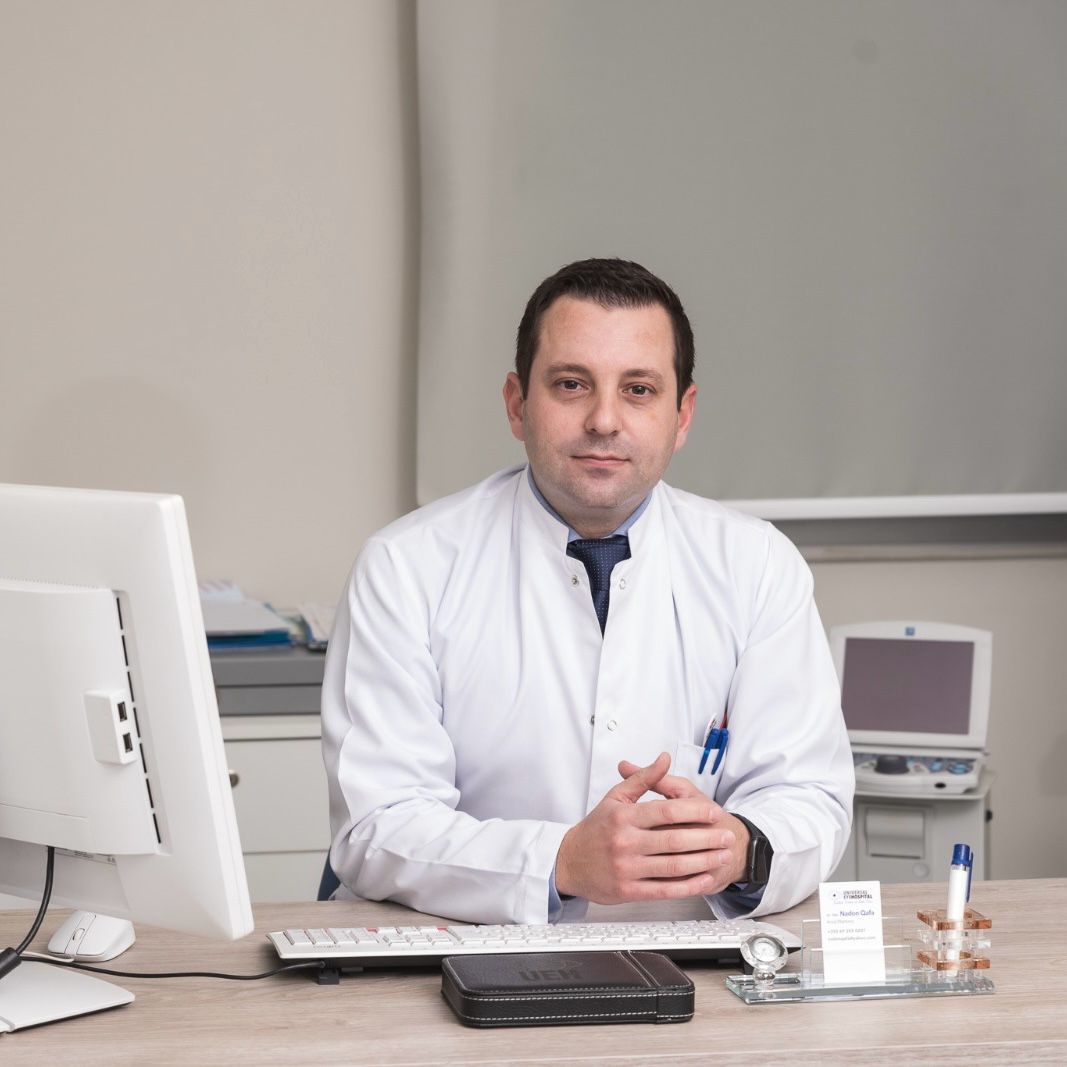
Dr. Zenat Shah
Dr. Zenat Shah is one of the most prominent professionals in the field of ophthalmology, with an illustrious career that encompasses a long and rich experience. Graduated in ophthalmology in 2007, Dr. Shah has marked an extraordinary breakthrough in the field of eye and retinal surgery. Learn more about her achievements here.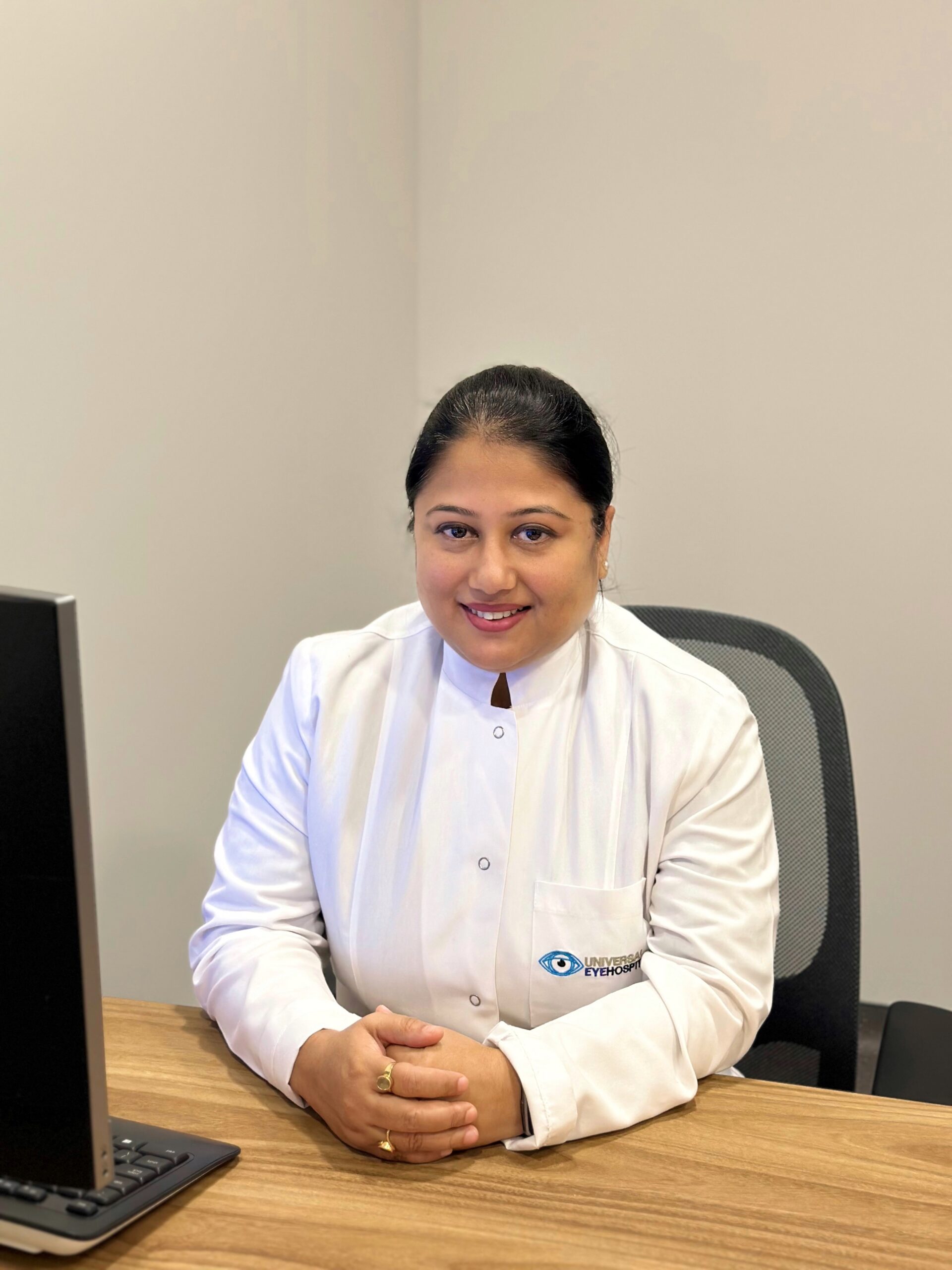
Dr. Rajonit Basu
Dr. Ranojit Basu is a valued figure in the field of ophthalmology with a long and rich experience. With more than 20 years in ophthalmology, he specializes in pediatric Ophthalmology, Glaucoma and Cataract surgery. Learn more about his achievements here.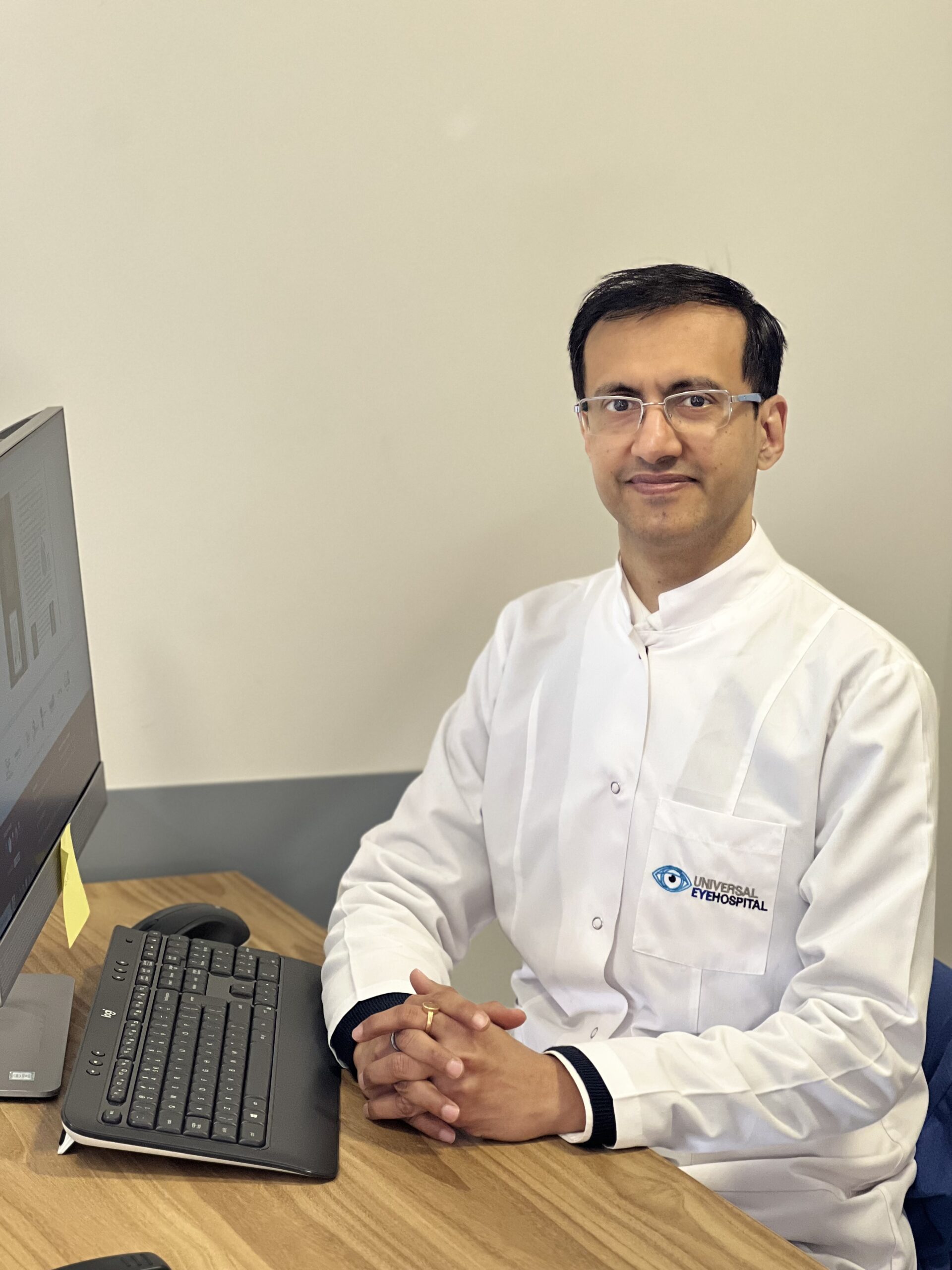
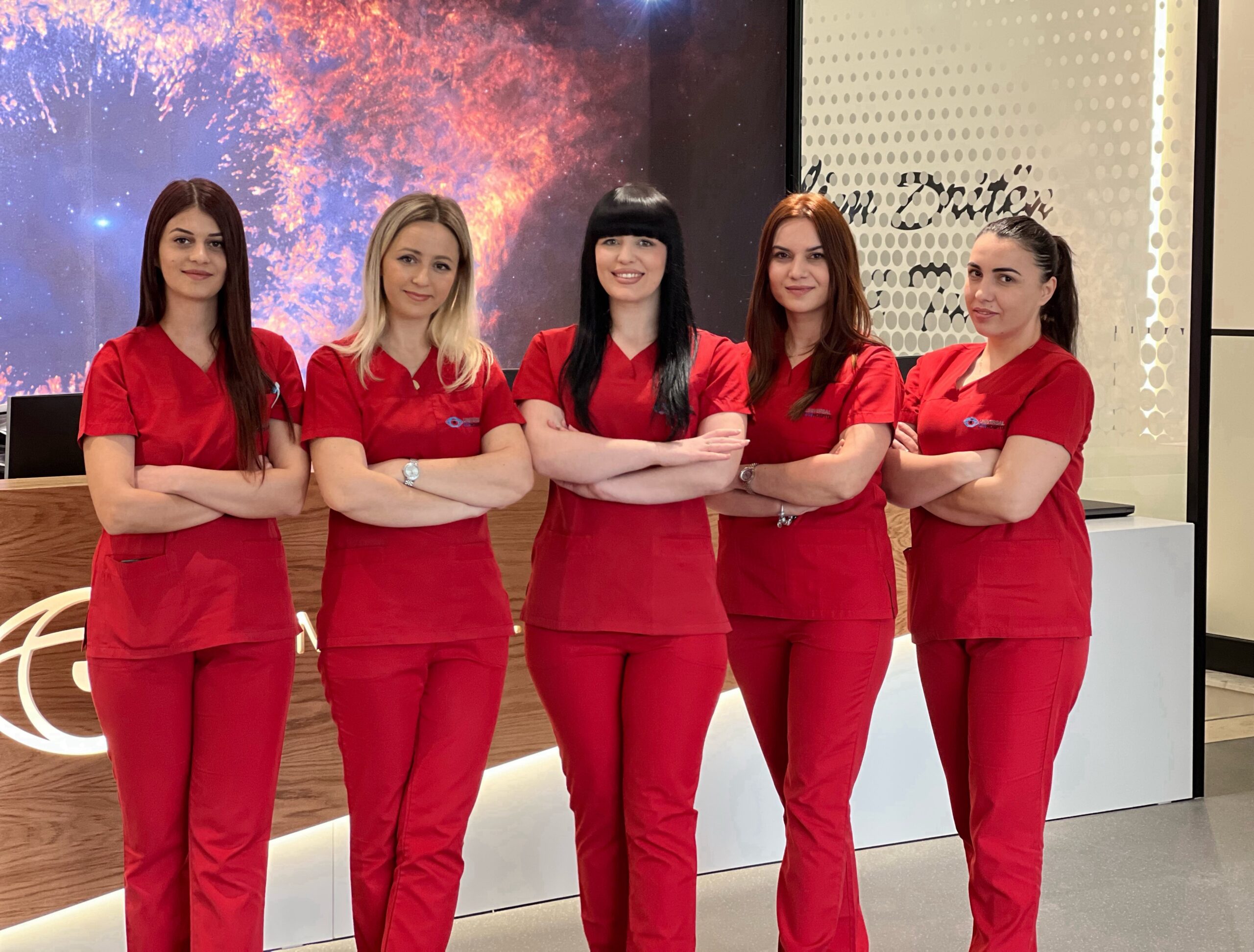
Welcome to Universal Eye Hospital!
If you were looking for a reliable eye health clinic, congratulations, you’ve come to the right place! UEH is one of the hospitals with the best doctors in the Balkans and the most advanced ophthalmic technology.
You can visit UEH for any eye concern, from a simple routine check-up to the most sophisticated, life-changing surgeries!
UEH is constantly updated with recent medical studies and “high-tech” equipment because we want to make sure that you are treated with effective methods pacticed by leading ophthalmic clinics throughout the world.
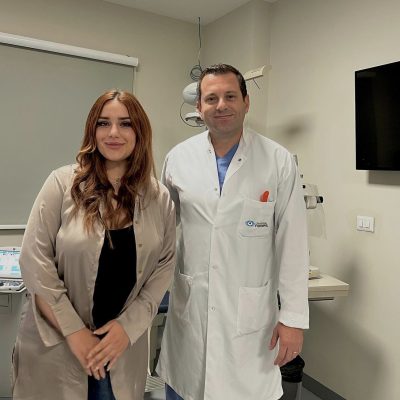
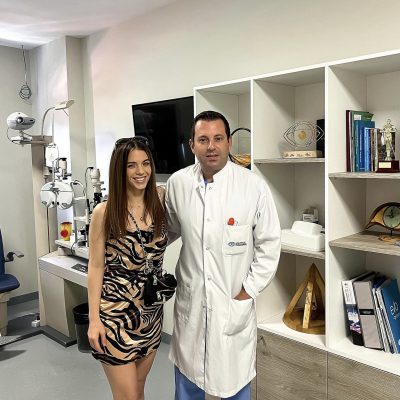
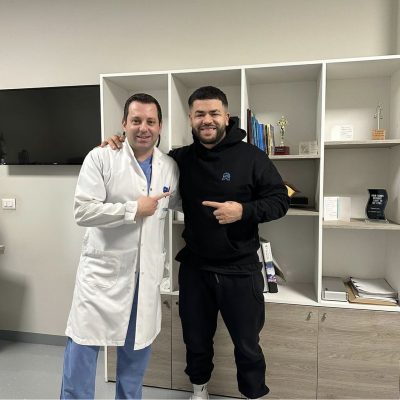
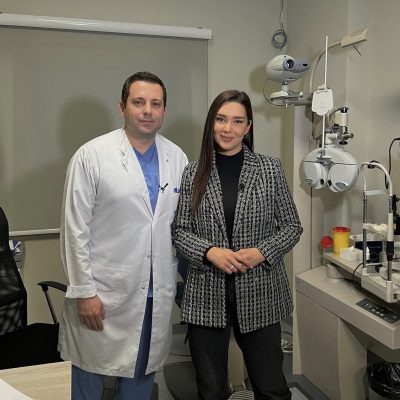
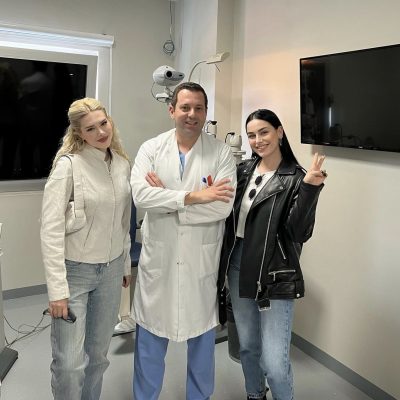
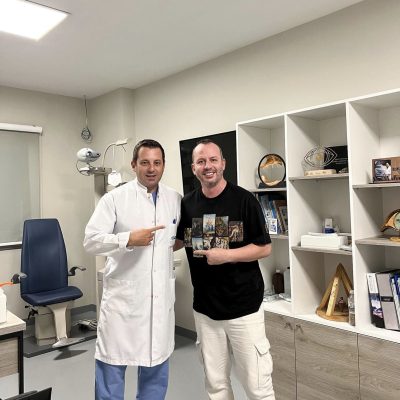
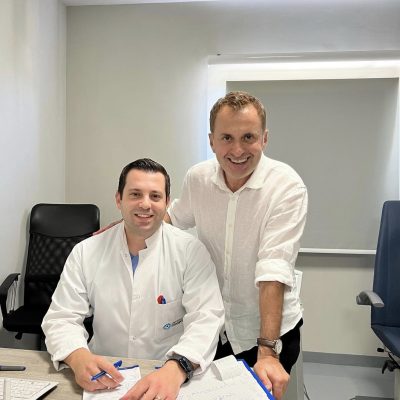
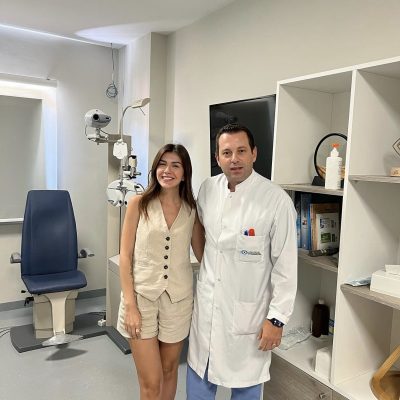

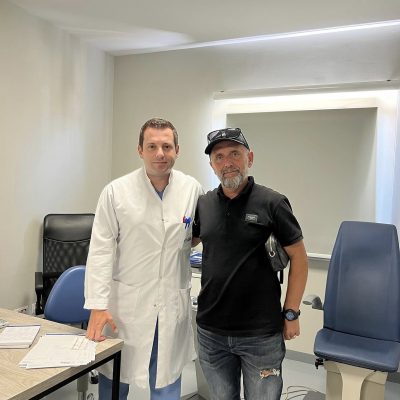
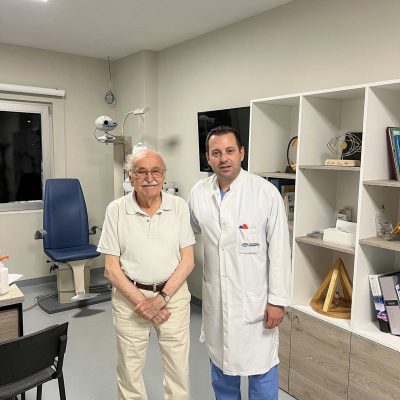
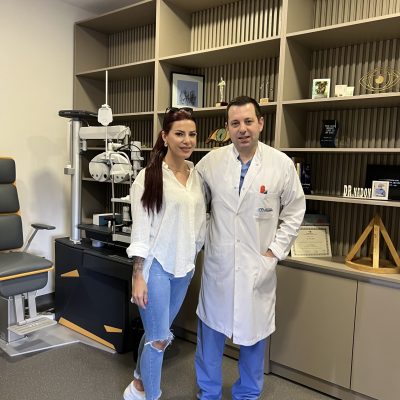
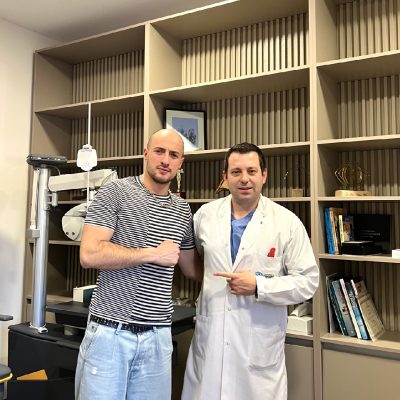
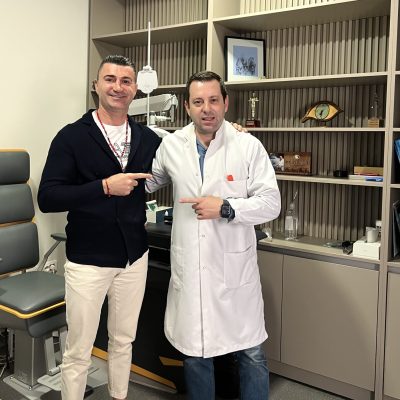
If vision problems are becoming a concern for you and glasses no longer seem like a comfortable accessory, then the Femto-Lasik method enables you to eliminate them forever!
The recovery time is incredibly quick—less than a day—and the procedure will only take you 15 minutes!
Regardless of how much myopia you have, the procedure poses no risk at any point.
Feel free to book a consultation with us!

Dr. Shk. Nadon Qafa
Dr. Nadon Qafa has been ranked among the most excellent ophthalmologists and eye surgeons in the Region for years. After completing the specialization in ophthalmology in 2009, he continued sub-specializations in the field of Refractive Surgery (glasses removal), Cataract surgery and Cornea (corneal transplantations and keratoconus management) in the most prestigious clinics in Vienna, Ankara, Groningen (Holland) , Manchester and Turin. Learn more about his achievements here.Ophthalmological Surgeon